The Real Estate industry accounts for more than 15% of China’s economy. 62-year old Hui Ka-yan owns 76 percent of Evergrande, China’s second largest property developer by sales. However, with the South China Morning Post reporting liabilities of more than $305 billion, Hui’s investment might be too big to ignore.
Citigroup mentioned last week that Minsheng Bank, Ping An Bank and China Everbright Bank may have the highest credit risks to the property sector in China. But Chinese banks aren’t the only ones to be hit. Ashmore, a specialist Emerging Markets investment manager based out of London, has the largest exposure (amongst western firms) to China’s Evergrande, with $433 million. BlackRock follows closely with $385 million, then UBS with $275 million and HSBC with $207 million respectively.
Ashmore’s Twitter feed remains tight-lipped about the challenges the firm is facing due to Evergrande, they have also rejected requests to comment by several publications. HSBC have been less tight-lipped about the matter, though.
HSBC CEO Noel Quinn said the crisis enveloping China Evergrande Group was a worry for financial markets, although he says he’s not concerned about his bank’s own exposure to Chinese real estate https://t.co/VEkdZLcKoY
— Bloomberg Markets (@markets) September 22, 2021
“I’d be naive to think that the turmoil in the market doesn’t have the potential to have second-order and third-order impact,” Noel Quinn, CEO of HSBC, said at a Bank of America conference on Wednesday last week, according to a webcast on HSBC’s website.
Evergrande’s situation was “concerning and there is a potential for second and third-order impact, particularly on the capital markets and the bond markets. And we’ve got to stay close to that,” he added. Quinn then reiterated how: “Nothing has happened in the recent weeks that will change the position in my mind for us as a bank, as an institution.”
Can China Let Evergrande Fail?
The People’s Bank of China (PBOC), China’s central bank, pumped 110 billion yuan ($17 billion) of cash into Evergrande Group last Thursday. There is no question that the Chinese Communist Party is taking the case seriously.
China's central bank pumps 110 billion yuan ($17 billion) of cash into the financial system, stoking bets that Beijing hopes to soothe market nerves over Evergrande https://t.co/h5usfKs73z
— Bloomberg Markets (@markets) September 23, 2021
Over-supply in smaller cities may have played a part in the debts stacked up by Evergrande. At the same time, banking watchdog chairman Guo Shuqing, has warned that if any product offers a return above 6%, it should raise questions.
It won’t surprise our readers to find out that Evergrande was offering returns of 10%. Not only that, it’s employees were even tasked with aggressive sales tactics as Evergrande’s cashflow started to dry up. If targets of at least $15,000 per employee weren’t reached, managers would be fined. And if targets weren’t met, jobs could be at risk too. Returns of up to 10% were offered on the investment funds. Some employees bought into Evergrande’s investment funds themselves to help meet targets, today they may be regretting their decision.
The Evergrande CEO took the risk of paying himself $8 billion in dividends to prove that the company's liquidity was healthy
— John W. Rich (Fake Tech Exec) (@Cokedupoptions) September 25, 2021
This is what true leadership looks like
While those at the bottom struggle to make ends meet, not so in the case of Evergrande’s founder and chairman, Hui Ka-yan. Of Hui’s current estimated $11.5 billion fortune, Forbes calculated that $8 billion is from cash dividends paid to Hui since Evergrande’s 2009 IPO on the Hong Kong Stock Exchange.
Stories like this are not helping the Chinese Communist Party placate individual retail investors. While market commentators are quick to remind us that Xi Jinping once remarked in 2016 how: “houses are for living in, not for speculation”.
What does Evergrande tell us about China’s investment market?
Niall Ferguson, the esteemed economist, in a recent story for Bloomberg, reiterated how he didn’t believe that China’s economy would overtake that of the U.S. He also appraised Evergrande in the story:
“It is (Evergrande) the most-indebted property developer in the world, with on-balance-sheet liabilities equivalent to nearly 2% of China’s annual GDP, and off-balance-sheet obligations equal to another 1%. Among its liabilities are $37 billion in bills and trade payables owed to suppliers and contractors, and an estimated $6 billion in high-yielding wealth management products, which it has sold to more than 80,000 retail investors.”
What China’s Three Red Lines Mean for Property Firms https://t.co/YhLpiM4lYF
— Post Business (@washpostbiz) June 30, 2021
It was only in June 2021 that Beijing introduced it’s ‘Three Red Lines’. Evergrande was on the wrong side of all three lines. Of the 15 biggest developers in China, only one is fully compliant, according to data in the South China Morning Post.
Ferguson points to Baoshang Bank Co., a story that surfaced in May 2019, for those looking for potential outcomes to the Evergrande story.
And, with Crypto banned and tech firms like Ant Group facing strong challenges in the market, it’s not an easy time for Chinese retail investors. Many of them had no choice but to pile into Evergrande, who were offering such tempting returns. The question is, where does China want its’ retail investors to invest?
The Chinese Retail Investor is here to stay
Bank deposits are just not giving the returns that the new Chinese middle class is looking for. Many of them have made their money through real estate investment, especially as tech stocks have been hit so often over the years. Ed-tech is a no-go as well after recent curbs to video game makers.
Many other investors will be looking at China with less enthusiasm going forward too. The country that promised so much, unrivalled growth, great investment returns, and all the bells and whistles that go along with it.
Ultimately, as Ferguson highlights, China may finally be succumbing to the huge conflict of interest between communism and capitalism. Its’ investors may also start turning to U.S. stocks in greater numbers than before, potentially strengthening U.S. capital markets even more.
Some interesting stats on U.S. vs Chinese stock market:
— Shao | 少蒙 (@randomor) July 16, 2020
Trading value: 🇺🇸 30T vs 🇨🇳 22T
Population owning stocks: 🇺🇸52% vs 🇨🇳7%
Retail investors: 🇺🇸38% vs 🇨🇳99.6% 🤯
source: https://t.co/QTxZvM3wab
One thing is for sure, there are a lot of Chinese retail investors. Their appetite for good returns outside of China will only grow as the Evergrande story unfolds.
Evergrande, the wake-up call of the Chinese retail investor
Perhaps Warren Buffet isn’t a household name in cities like Guangzhou or Shenzhen yet. If the investors taking on the state in China want to consider how to learn from a debacle that eclipses Greece’s debt crisis, they could do worse than study the thoughts of investors like Buffet. Alternatively we may continue to see clips like this on our Twitter feeds:
Here is the situation in Chongqing china! Historically protestors don’t get much human rights in china this time it’s not different… #Evergrande #EvergrandeCrisis #protests pic.twitter.com/a9c3mmXU3M
— mike jiang (@mikejia68182115) September 24, 2021
The question will remain, especially around investment returns. If something is too good to be true, it probably is. And if something is too big to ignore, and affects 80,000 investors, then something must change.
Bankruptcy is on the cards for Evergrande, probably before the end of 2021. How many investors will suffer the same fate? Only Xi Jinping knows the answer.
Author: Andy Samu
#SystemicRisk #RetailInvestors #SalesTactics #Evergrande #RealEstate #China #PBOC #BaoshangBank #TooBigToIgnore #XiJinping #HuaKaYan


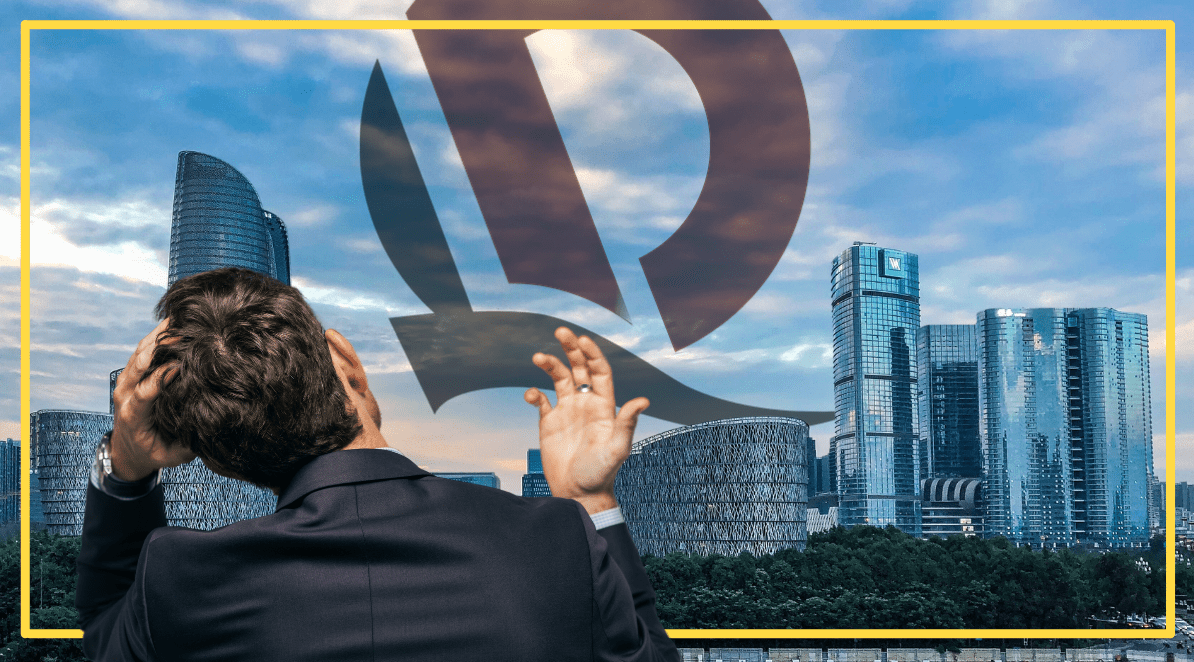

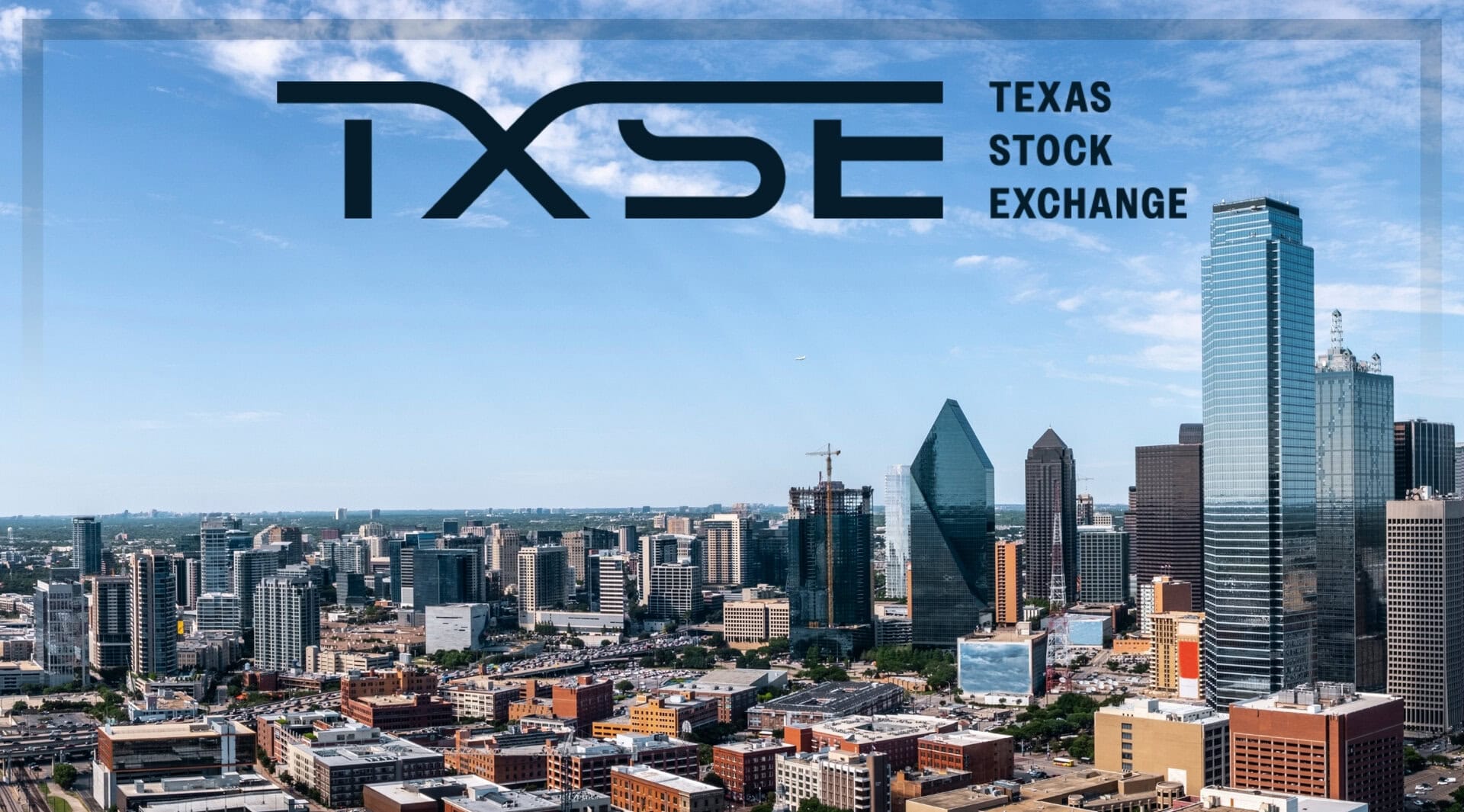
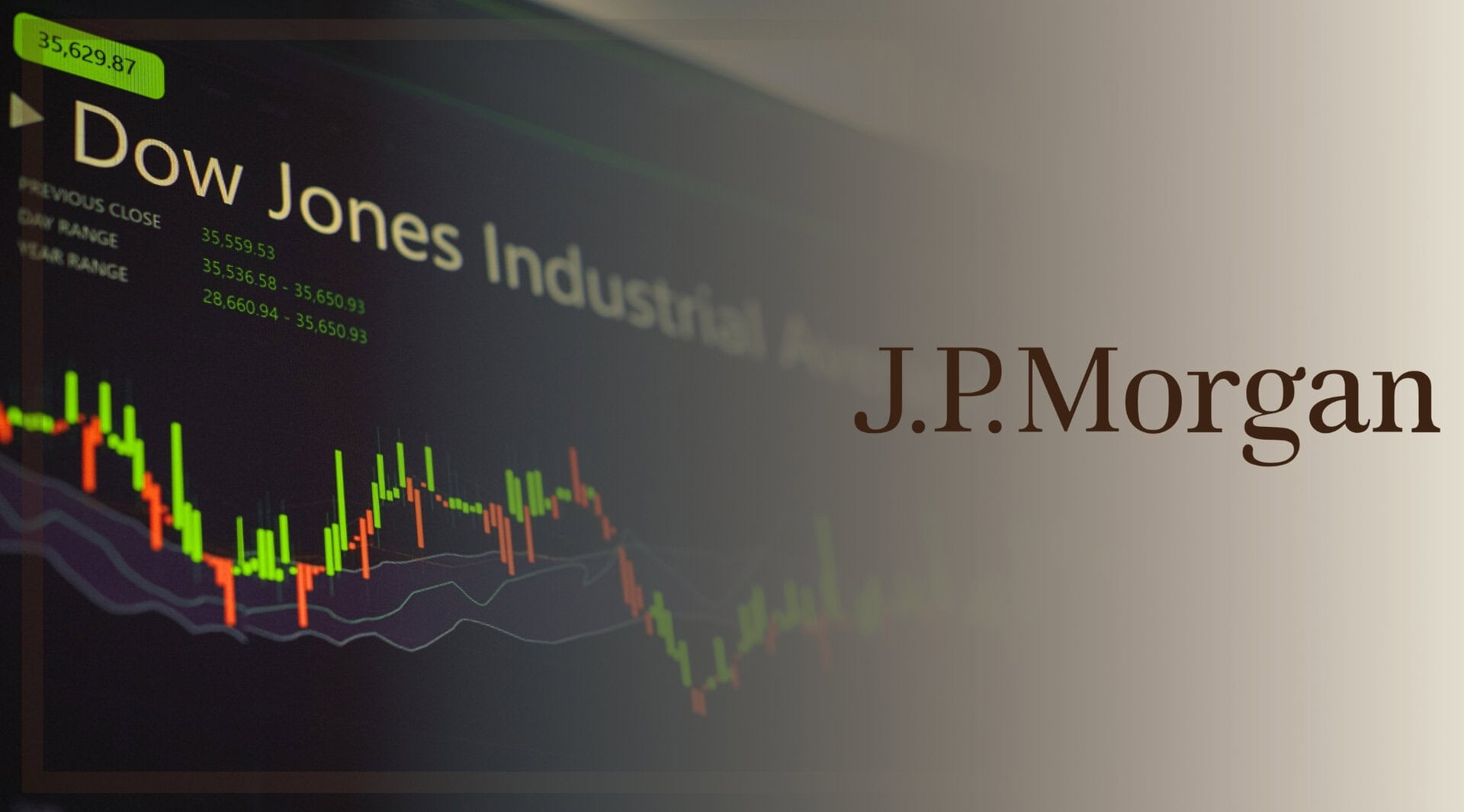
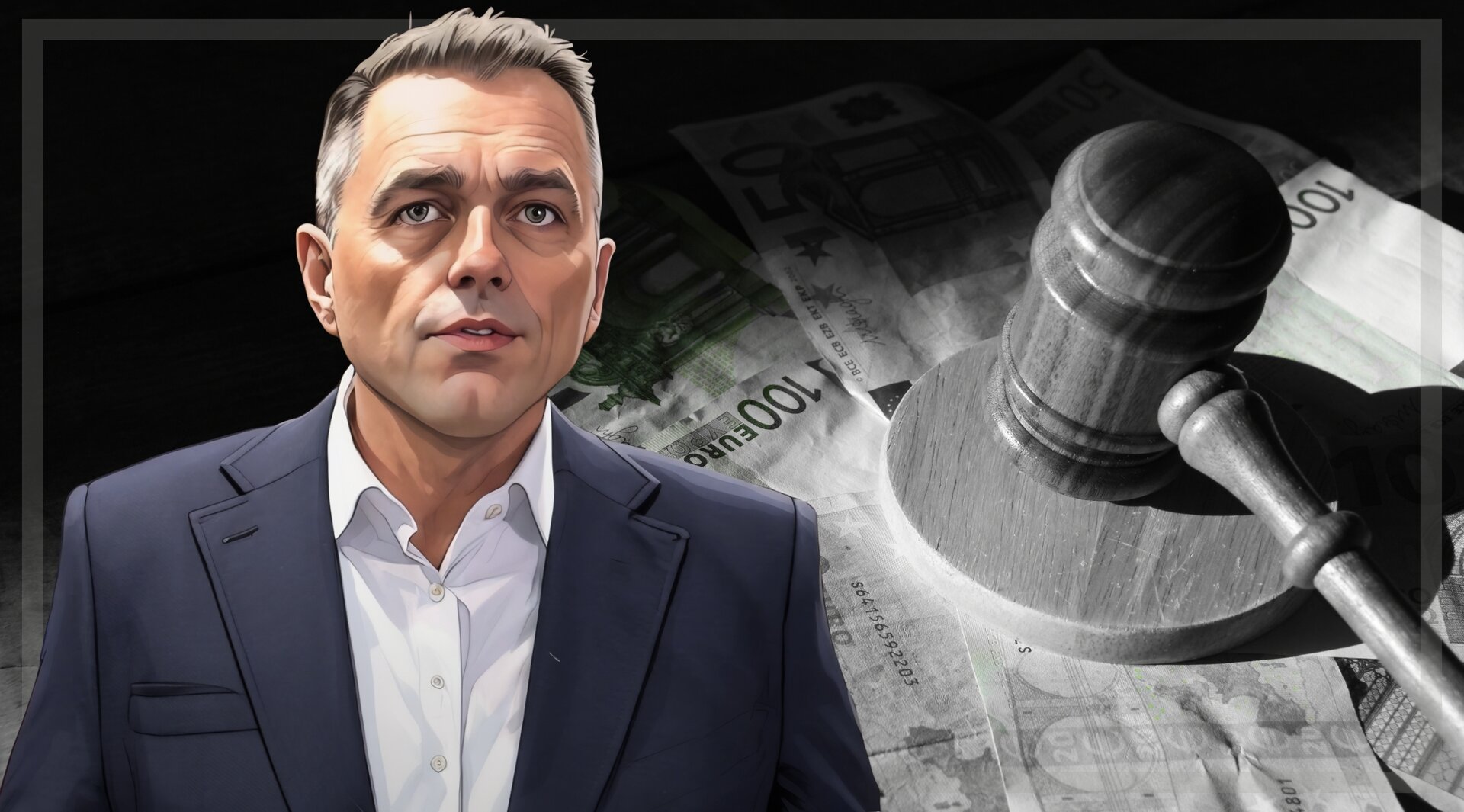

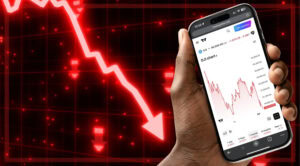




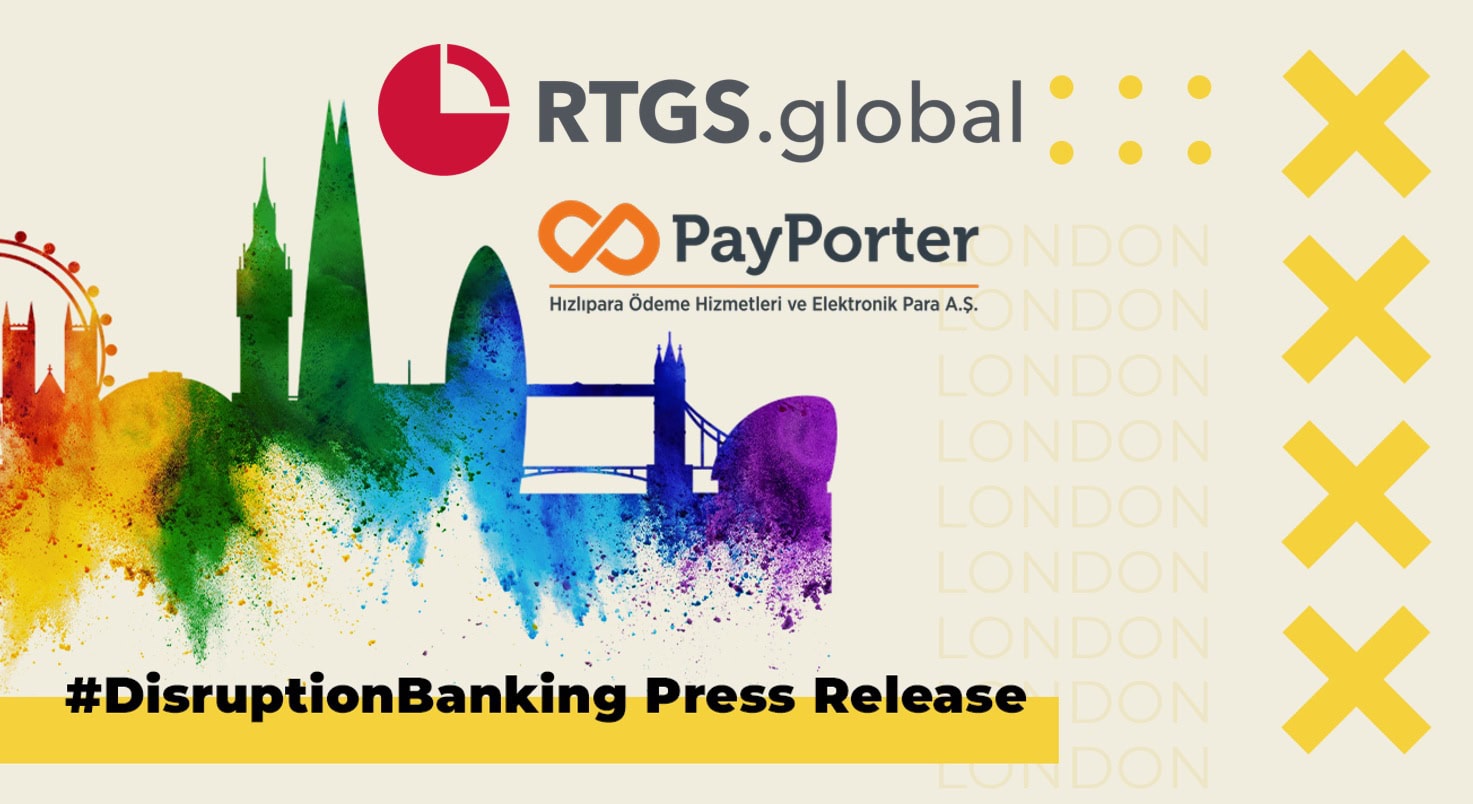
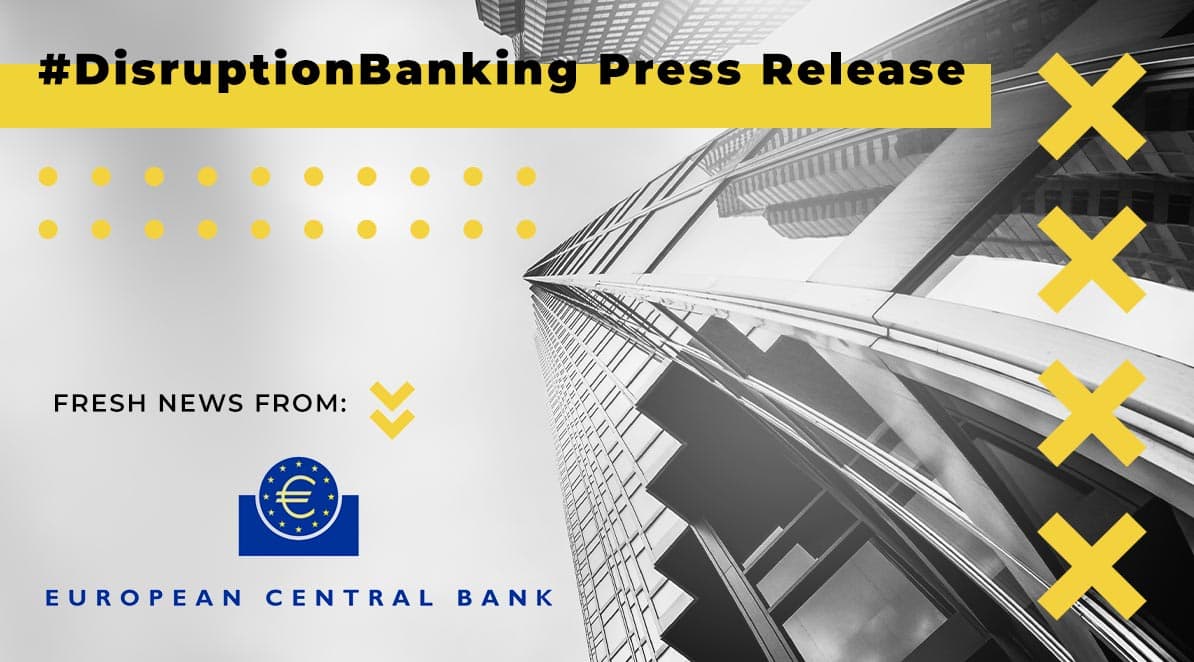

One Response